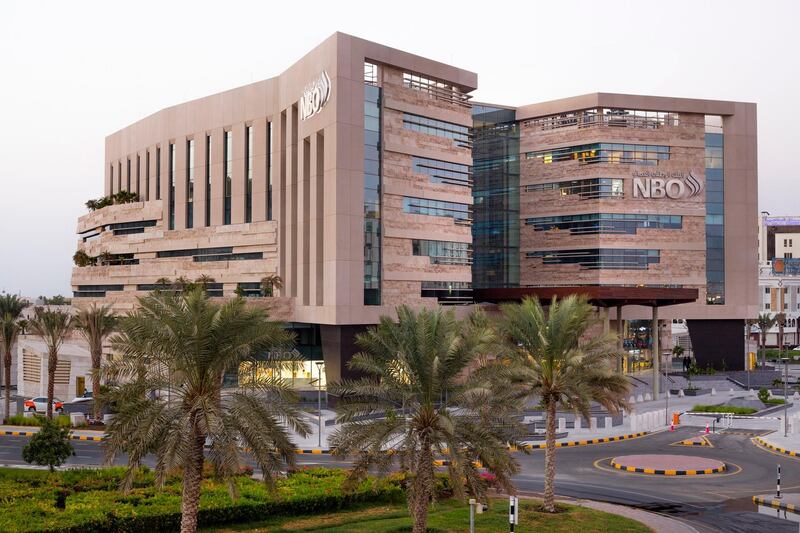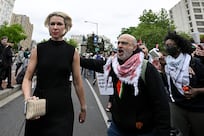Bank Dhofar and National Bank of Oman will discuss a potential merger that could create a new financial institution in Oman with $20 billion (Dh74bn) in assets.
The board of Bank Dhofar gave the nod in its July 29 meeting and “resolved to commence discussions with National Bank of Oman to explore the possibility of a merger between the two entities”, the lender said in a regulatory filing to Muscat Securities Market, where its shares are traded.
NBO confirmed its intentions on talks for the possible deal, which the two lenders said is subject to obtaining "final approval from respective boards, shareholders, stakeholders and regulators".
Neither bank gave details about the timeline or how they intend to structure the possible transactions.
"Cost efficiency is expected to improve with synergies between the two entities post-merger," Hettish Karmani, the head of research at Muscat based U Capital said.
Both the banks have four common shareholders -- 28 per cent ownership in Bank Dhofar and 29 per cent ownership in National Bank of Oman is held by Civil Services Pension Fund, Ministry of Defense Pension Fund, State General Reserve Fund and Public Authority for Social Insurance, he said.
Bank Dhofar at the end of the six months to June 30 had total assets of 4.2bn Omani rials (Dh40.12bn), while NBO had assets worth 3.6bn rials. In the past, both banks have tried merging with other financial institutions but abandoned talks.
Bank Dhofar ended merger negotiations in October 2016 with smaller rival Bank Sohar after the two sides were unable to reach an agreement on issues related to the tie-up, after deliberating on the deal for about three years. NBO, on the other hand, abandoned plans to join Bank Muscat in 2005 and, a decade later, ended its bid to acquire much smaller United Finance in 2015, according to reports.
_______________
Read more:
[ Kuwait Finance House seeks merger with Bahrain's Ahli United Bank ]
Alizz Islamic and Oman Arab Bank launch merger talks
[ Bank Dhofar ends merger talks with Bank Sohar ]
HSBC, RBS’s Saudi affiliates strike early merger deal
Saudi banks to see credit-positive recovery in 2018, says Moody’s
_______________
Banks in the Arabian Gulf are increasingly looking to merge in a bid to gain scale to cope with tougher operating conditions as low oil prices in the past three years have squeezed their profit margins. Regional banks are set to see a stronger performance this year as macroeconomic conditions improve and demand for credit grows, according to analysts and reports by rating agencies Moody's Investors Service and Standard & Poor's.
Muscat-listed Alizz Islamic Bank and Oman Arab Bank, a subsidiary of Omani conglomerate Ominvest, in May announced their intention to explore the possibility of a merger.
That came just a week after subsidiaries of HSBC and Royal Bank of Scotland in Saudi Arabia reached an initial agreement on the terms of a possible merger. Alawwal Bank is 40 per cent owned by RBS. Saudi British Bank, a unit of HSBC in the kingdom, said on May 16 their merger discussions were at an “advanced” stage.
Kuwait Finance House this month said it was also seeking a potential merger with Bahrain's Ahli United Bank, reviving earlier talks for a deal that would create a new Islamic lender worth $92bn in combined assets.
If the KFH and AUB merger is successful, it will be the second big-ticket bank combination deal in the GCC in recent months.The National Bank of Abu Dhabi and the First Gulf Bank merged to create First Abu Dhabi Bank last year, now a $175bn powerhouse in the UAE.







